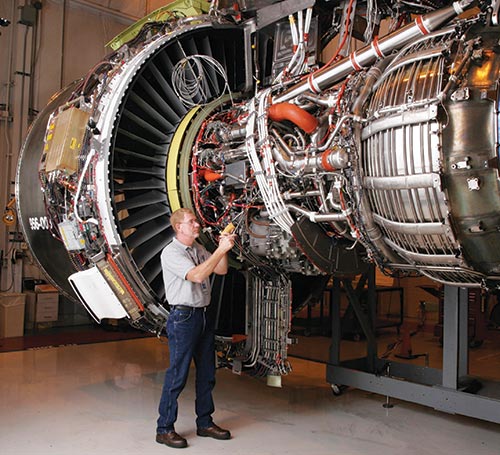AmCham extols TPP

American firms are eager for Vietnam to sign up to the Trans-Pacific Partnership
Herb Cochran, executive director of the American Chamber of Commerce in Vietnam said, “The implementation of the Trans-Pacific Partnership (TPP) agreement – if it is signed – would improve the general business environment in Vietnam and therefore increase investment in terms of manufacturing from the US.”
The TPP is a high-standard regional free trade agreement under negotiation involving 12 countries including the US and Vietnam.
“The TPP will offer duty-free entry into the US market for products that meet the ‘rules of origin’ requirements. In addition, the TPP agreement will be the mechanism by which we define the rules of the road, the standards countries should adhere to, and the norms which create a sense of fairness among economies,” he said.
In fact, many US companies are increasingly looking for more investment opportunities in Vietnam. In March, a delegation of the US-ASEAN Business Council, including 33 US-based companies such as Boeing, Dow Chemical, General Electric, Coca-Cola, PepsiCo, UPS, ExxonMobil and Hewlett-Packard visited Vietnam to seek more business opportunities in the country.
Alexander Fedman, president of the US-ASEAN Business Council, said this was the biggest delegation of the council to ever visit Vietnam. Fedman said this was a reflection of increasing interest by US investors in Vietnam.
Some American companies have been planning to increase investments in Vietnam. Coca-Cola last month inaugurated four production lines in Hanoi and Ho Chi Minh City to increase production capacity in the Vietnamese market. This is part of its plan for investing an additional $300 million in Vietnam from 2012 to 2015.
The US-based multinational oil and gas company ExxonMobil is planning a mega gas development project, worth $20 billion, on Vietnam’s central coast.
Global chipset manufacturer Intel Corporation recently announced plans to close its factory in Costa Rica and move part of its production to an existing factory in Ho Chi Minh City.
The US is the seventh biggest foreign investor in Vietnam, with 694 projects as of June 2014. The combined investment commitment was $10.7 billion, according to the Ministry of Planning and Investment.
But Cochran said the actual number could be much higher as they may be reported based on a subsidiary company’s location, such as Singapore or Hong Kong, while the ultimate owner may be a US company.
Cochran said US companies in Vietnam now faced challenges including availability of raw materials, free movement of goods in the region and unstable laws and regulations.
However, if the TPP is signed, these issues could be handled, Cochran said. For example, the TPP chapter on transparency, anti-corruption, and regulatory coherence will promote greater transparency, participation, and accountability in the development of regulations and other government decisions.
In addition, the chapter on customs, trade facilitation, and rules of origin, will help cut red tape in trade, which will also reduce costs and increase customs efficiencies, making it cheaper, easier, and faster for Vietnam businesses to get their products to market.
What the stars mean:
★ Poor ★ ★ Promising ★★★ Good ★★★★ Very good ★★★★★ Exceptional
Latest News
More News
- Hermes joins Long Thanh cargo terminal development (February 04, 2026 | 15:59)
- SCG enhances production and distribution in Vietnam (February 04, 2026 | 08:00)
- UNIVACCO strengthens Asia expansion with Vietnam facility (February 03, 2026 | 08:00)
- Cai Mep Ha Port project wins approval with $1.95bn investment (February 02, 2026 | 16:17)
- Repositioning Vietnam in Asia’s manufacturing race (February 02, 2026 | 16:00)
- Manufacturing growth remains solid in early 2026 (February 02, 2026 | 15:28)
- Navigating venture capital trends across the continent (February 02, 2026 | 14:00)
- Motivations to achieve high growth (February 02, 2026 | 11:00)
- Capacity and regulations among British areas of expertise in IFCs (February 02, 2026 | 09:09)
- Transition underway in German investment across Vietnam (February 02, 2026 | 08:00)
















 Mobile Version
Mobile Version